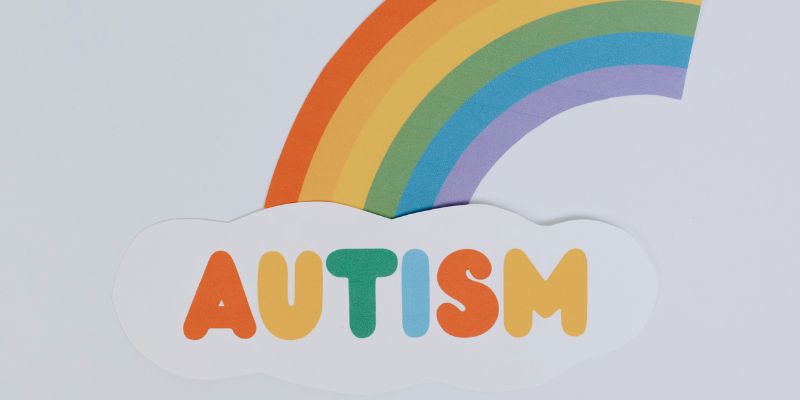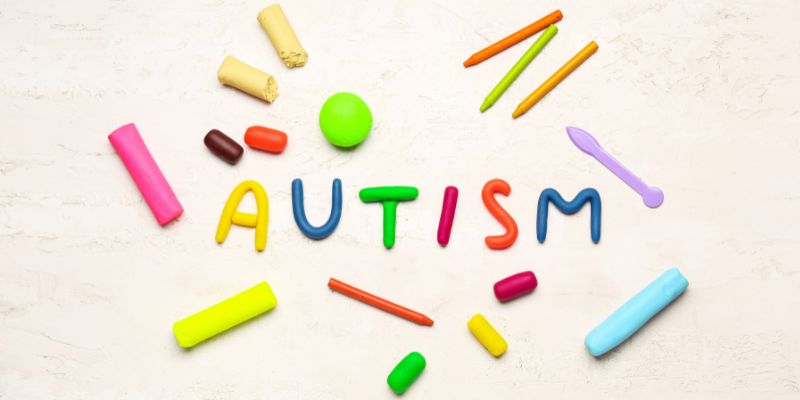How Early Can You and Should You Diagnose Autism: A Guide for Parents
Autism is a developmental disorder influencing behavior and communication. Many parents question the early diagnosis point of view. Early identification enables kids to get the required help. Though diagnosis often occurs later, certain symptoms show up as early as six months. To confirm autism, doctors rely on observations and tests. While some kids show obvious symptoms early on, others start them later.
Parents should be alert for social skills problems, inadequate eye contact, and verbal delays. If questions surface, seeing a doctor is crucial. Early diagnosis enhances development and learning. Better results can follow from therapy and assistance. Though early intervention makes a difference, some parents worry about classifying a child too young. This guide looks at the advantages of early discovery and when and why autism should be diagnosed.

When Can Autism Be Diagnosed?
Doctors can find indicators of autism early on in life. Some habits show up as early as six months, and by twelve to eighteen months, more obvious symptoms start to show. Though some children are diagnosed later, even throughout their school years, a formal diagnosis usually comes about two years old. At regular visits, pediatricians look for autism. They evaluate social graces, eye contact, and speech development. If questions surface, they send the youngster to a professional.
To verify autism, experts rely on controlled tests, including behavioral observations. Some parents observe odd behavior before doctors do. Their child can avoid eye contact or not react to their name. Early seeking of medical help is vital if this occurs. Early diagnosis results in quick intervention, therefore enabling children to get the appropriate care. The possibility of better learning, communication, and general development is higher the earlier autism is discovered.
Signs of Autism in Infants and Toddlers
Children have different autistic symptoms. Some typical early indicators are:
- Lack of Eye Contact: Autistic babies may avoid looking at their carer, which can make early life social relations challenging since they may not follow faces or objects.
- Not Responding to Their Name: Most newborns turn at their name spoken at twelve months. Children with autism cannot react even if their name is stated often by familiar people.
- Delayed Speech or Gestures: Typically, by one year, babies point, babble, or wave. Children with autism show delays in speech development and may not use gestures or try to interact.
- Limited Facial Expressions: An autistic youngster may exhibit fewer emotions through facial expressions. They might not react to social events in ways expected for their age, grin, or grimace.
- Repetitive Movements: Children with autism often may use their hands, rock, or spin. These repeated efforts allow patients to self-soothe, but they could interfere with everyday activities and social contacts.
- Unusual Sensory Sensitivities: Some autistic youngsters respond powerfully to textures, sounds, or lights. They could avoid some textiles, shield their ears, or become overwhelmed in noisy surroundings.
Why Early Diagnosis is Important?
Early diagnosis allows children to begin therapy and support immediately. It encourages kids to develop important life skills, interact, and express themselves. Studies show early intervention enhances speech, social skills, and learning, among other areas. Young children who grow up with help are more likely to have outstanding communication abilities. Specialized programs help children to express their needs and build relationships, therefore streamlining daily connections.
Children who do not get an early diagnosis may find it difficult to interact socially and communicate. Their incapacity to express themselves could lead to behavioral issues and frustration. From this annoyance, social isolation and emotional instability could develop. Early diagnosis of autism enables schools, parents, and therapists to offer the appropriate help. Occupational, speech, and behavioral therapy can all greatly affect a child's development.

Challenges in Diagnosing Autism Early
Early diagnosis can be challenging as well as helpful. Some kids display just minor symptoms, which makes autism more difficult to find. Others could complicate diagnosis with overlapping diseases, including sensory problems or speech impairments. Since autism differs greatly among children, clinicians have to evaluate developmental trends closely. Doctors find autism using parent observations and medical tests. Some parents, meanwhile, are reluctant to get aid since they think their child will "catch up" on her own.
This delay can impede early action, lowering the possibility of timely support. Diagnosis also affects cultural perceptions and healthcare access. Evaluations can be challenging for some families who lack experts close by. Others might not be aware of autistic symptoms, thereby postponing appropriate evaluation. Increasing knowledge of autism and enhancing access to tests would enable more youngsters to get early intervention.
What Parents Should Do if They Suspect Autism
Parents should immediately discuss suspected autism with their child's pediatrician. Pediatricians allow early screenings to evaluate developmental advancement. If questions surface, they might send the kid to a specialist for additional assessment. Early diagnosis helps youngsters get therapy and assistance earlier, therefore enhancing their long-term growth. Maintaining a notebook of activities will enable doctors to better grasp the child's development. Parents should note odd behavior, communication styles, and milestones.
Doctors can establish a correct diagnosis and decide on the appropriate intervention strategy by means of this comprehensive knowledge. Additionally helpful is joining support groups. Speaking with other parents who have gone through comparable difficulties offers insightful direction and emotional encouragement. Navigating the diagnosis process is simpler when one understands autism and grows from the experiences of others. Early help-seeking and informed behavior guarantee youngsters receive the required treatment to flourish in their daily lives.
Conclusion:
Although early diagnosis of autism can be made two years old, symptoms may show sooner. Early identification enables youngsters to get therapy and support, therefore enhancing their development and quality of life. Early indicators like delayed speaking and poor eye contact should be watched for by parents. Early doctor visits guarantee a quick response. While early diagnosis of autism presents difficulties, a child's future depends on it. Children can develop social skills and communication by means of therapy and tailored programs. The outcomes improve the earlier the diagnosis is. Parents should follow their gut feeling and get assistance when necessary.











